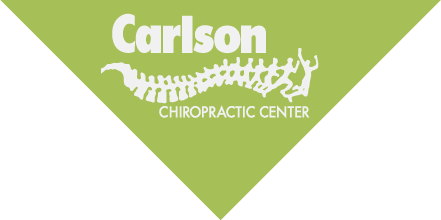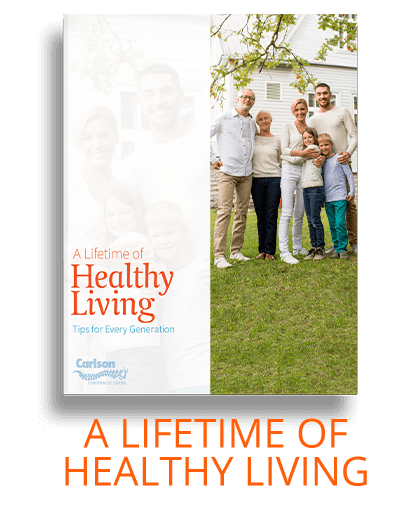As we age, our bodies lose bone mass – it’s a fact of life. Our bone mass is attained at its highest density in our late teens and early 20s. There is less of a risk of developing osteoporosis in adults who achieved a high bone mass in their 20s. Low bone mass can cause severe neck and back pain, as well as fractures.
Even if a strong bone density was not achieved early in life, or a diagnosis of osteoporosis has been given, there are measures to slow the process of bone loss. There are many important steps to take to stop osteoporosis. Exercise and healthy eating are a must. Let’s take a look at good nutrition choices for healthy bones.
Calcium
We all know that calcium is so very important to bone health. Calcium is very strong and is what gives bones their hardness. Consuming enough calcium every day will help keep your bones strong and reduce the risk of bone fractures. But how much is enough? Women under the age of 50 should eat at least 1,000 mg of calcium each day. This amount increase to 1,200 after the age of 50.
Calcium can be found in some unexpected foods. Of course, we all know that dairy products contain calcium. However, one of the top sources is almond milk, with 451 mg. Dark green leafy vegetables like kale, spinach and broccoli pack up to 270 mg per 1 cup fresh or steamed serving. Soy products like tofu and sardines with bones are also good foods to increase your calcium intake.
Vitamin D
Vitamin D is just as important for bone health as calcium. If it wasn’t for Vitamin D, your body would not be able to absorb the calcium you consume. Vitamin D is naturally produced by your body when it is exposed to the sun. Care must be taken to prevent sunburns. It is recommended exposing your arms, legs, face and back 2 times a week for about 30 minutes during the peak sun times of 10 am to 3 pm.
If wrinkles and skin cancer are of utmost concern, vitamin D is found in several food products. Many kinds of cereal are vitamin D fortified, as well as egg yolks, saltwater fish and liver. You might even consider taking a supplement. However, too much vitamin D can increase your risk of kidney stones. Stay near 600 IU of vitamin D a day.
Exercise and a well-balanced diet are essential keys to overall health and can help prevent bone loss over time. For a wealth of additional information about healthy living at all stages of life, check out our free guide, A Lifetime of Healthy Living Tips for Every Generation!


